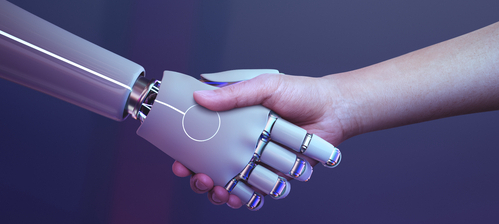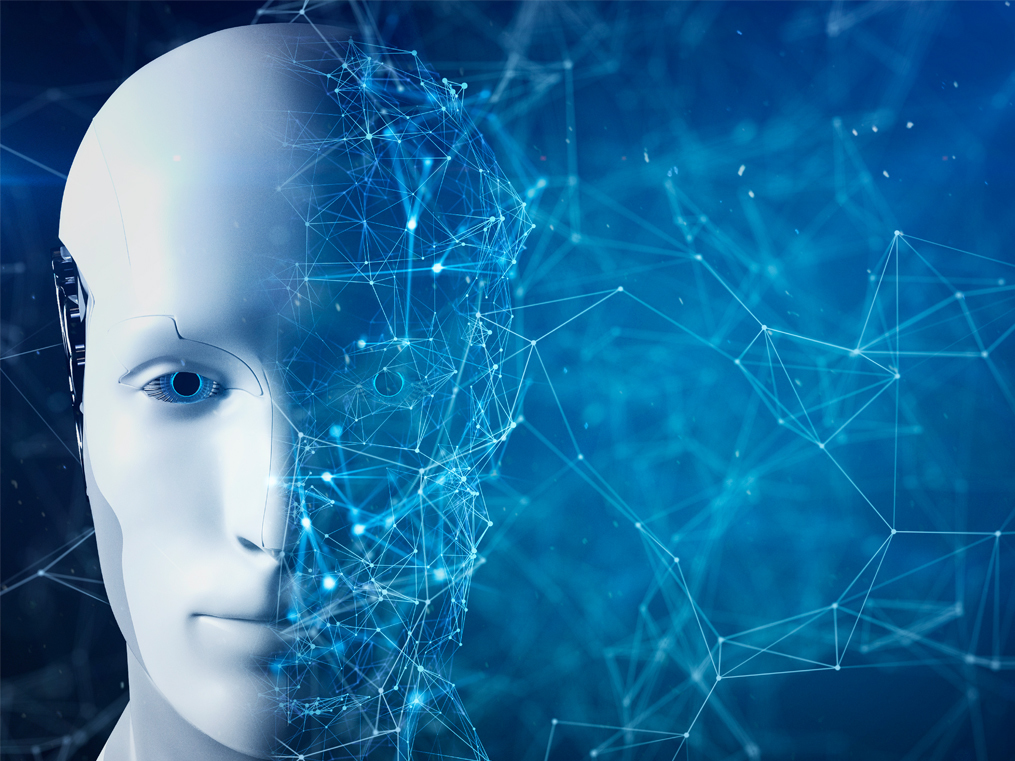The Role of Emotional Intelligence in an AI-Driven World: A Crucial Human Skill for Symbiotic Relationships
3AI June 22, 2023

Featured Article:
Author: Anees Merchant, EVP, Global Growth and Client Success, Course5 Intelligence
The relentless progress of artificial intelligence (AI) is indisputable, and it is rapidly transforming many sectors worldwide, from healthcare and education to commerce and manufacturing. The term “AI-driven world” is no longer futuristic but a present reality. However, amidst this remarkable advancement, a profoundly human attribute has gained an increased emphasis – emotional intelligence (EI).
EI involves understanding, using, and managing our feelings appreciatively, relieving stress, communicating effectively, empathizing with others, overcoming challenges, and defusing conflicts. EI remains an inherently human domain, unlike the logical and analytical capabilities where AI excels. AI has yet to fully emulate the depth and complexity of human emotions, making EI a unique and indispensable human trait in an increasingly AI-driven landscape.
AI is primarily about problem-solving and pattern recognition. In contrast, EI centers around navigating the intricacies of human emotions and interpersonal relationships, an area where AI is still in its infancy. Despite substantial advancements in Natural Language Processing (NLP) and sentiment analysis, AI needs more nuanced understanding and authentic empathy than emotional intelligence offers. With their innate capability to relate emotionally, human beings are indispensable in roles requiring emotional depth and understanding.
The fusion of AI and EI can potentially lead to unprecedented breakthroughs. AI is adept at dealing with vast datasets, identifying patterns, and providing real-time insights. On the other hand, humans equipped with EI can interpret these insights in the context of human emotions, sentiments, and ethical considerations. Such a symbiotic relationship between AI and EI could enable more personalized customer experiences, more nuanced decision-making, and more empathetic healthcare interventions, among other possibilities.
Moreover, as AI becomes more integrated into our daily lives, the ability to interact effectively with AI systems will become increasingly vital. Just as we need to navigate the emotional subtleties in our interactions with other humans, we must also manage our interactions with AI systems designed to emulate human-like responses. This requires a nuanced understanding of how these systems work and a keen sensitivity to the intended and unintended emotional reactions they might elicit. EI is essential in this context, not only for designing more effective and empathetic AI systems but also for interacting with them to enhance our overall well-being and productivity.
The implications of EI in an AI-driven world also extend to AI ethics. As AI continues to permeate our lives and society, fairness, accountability, transparency, and privacy issues are becoming increasingly pressing. Those equipped with EI can help navigate these challenges by understanding and empathizing with different stakeholders’ diverse perspectives and emotional responses. This is especially crucial when dealing with sensitive issues such as AI bias and the impact of AI on jobs and social inequality.
Finally, as AI continues to automate routine tasks, the value of distinctly human skills, such as emotional intelligence, is set to rise. This shift calls for a reimagining of education and training. It necessitates the integration of EI into curricula to prepare the next generation for the AI-driven world. This is not to say that technical skills are no longer relevant. However, in a world where many tasks can be automated, the ability to understand and navigate human emotions could be the defining factor that sets us apart.
In conclusion, as we journey further into the AI-driven world, the importance of emotional intelligence will only grow. From enhancing the symbiosis between humans and AI to navigating ethical challenges and interacting effectively with AI systems, EI is a critical skill that needs to be nurtured. As AI experts, it behooves us not only to continue pushing the boundaries of AI technology but also to foster emotional intelligence within ourselves and our societies, ensuring a harmonious coexistence with AI and leveraging the unique strengths of our human nature.
Title picture: freepik.com






